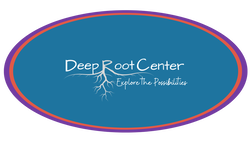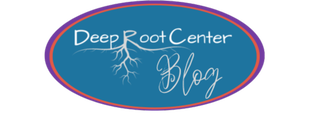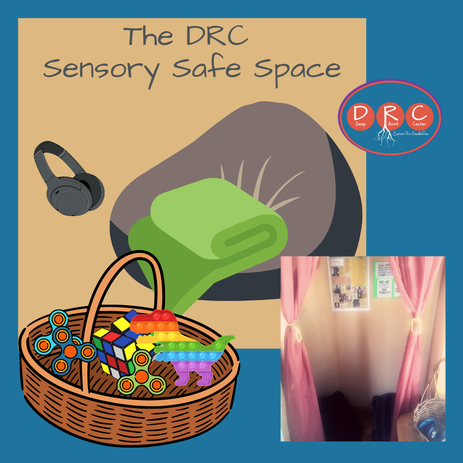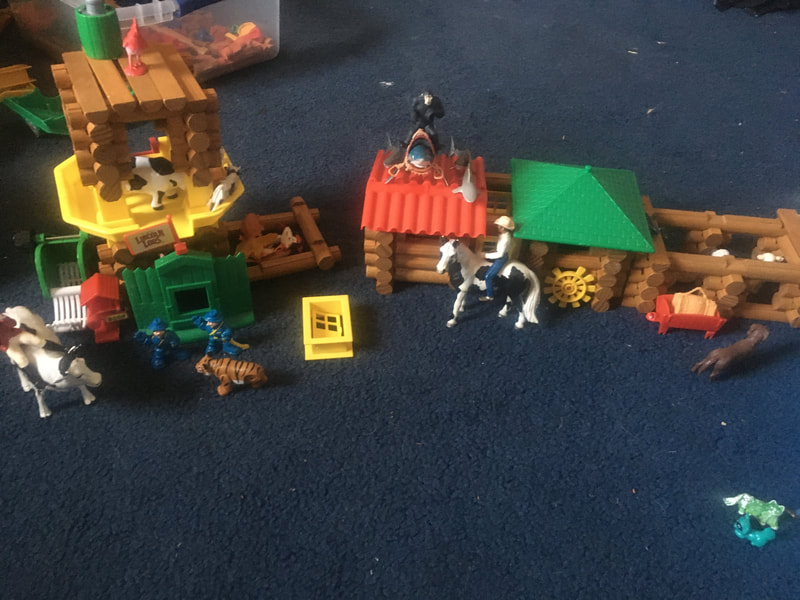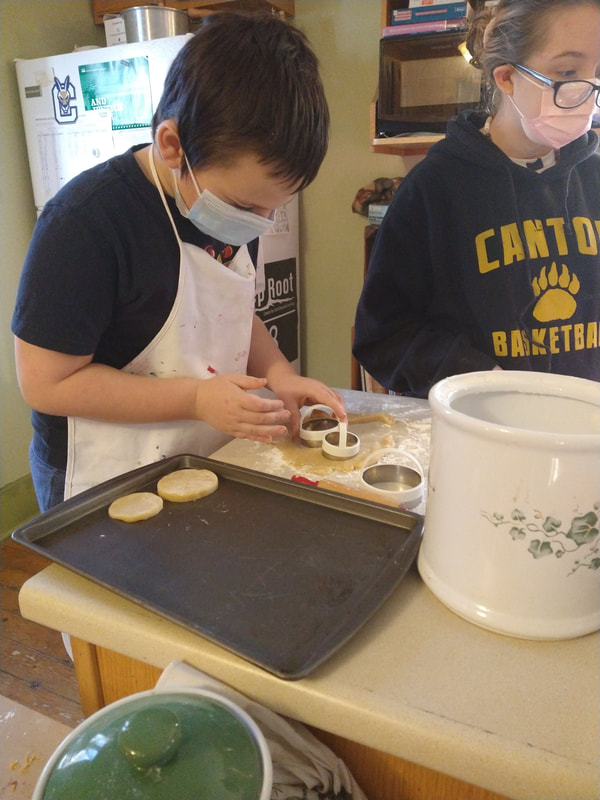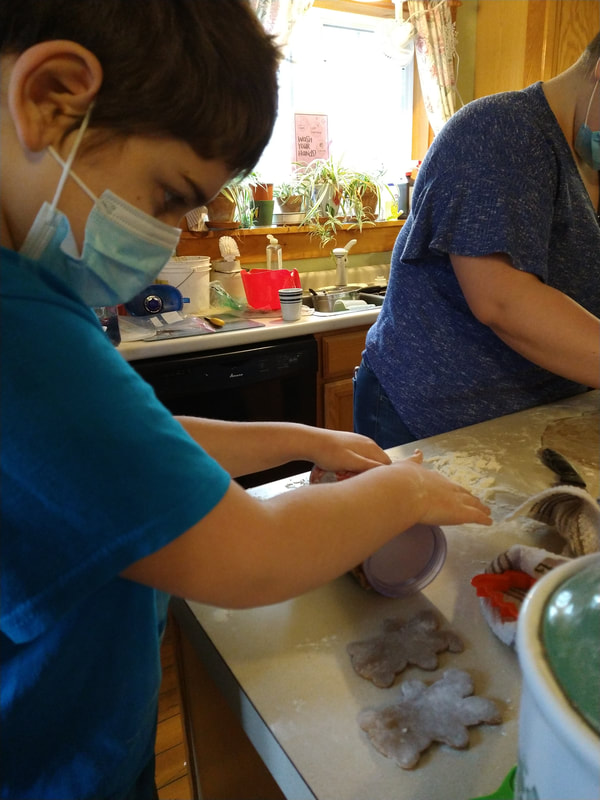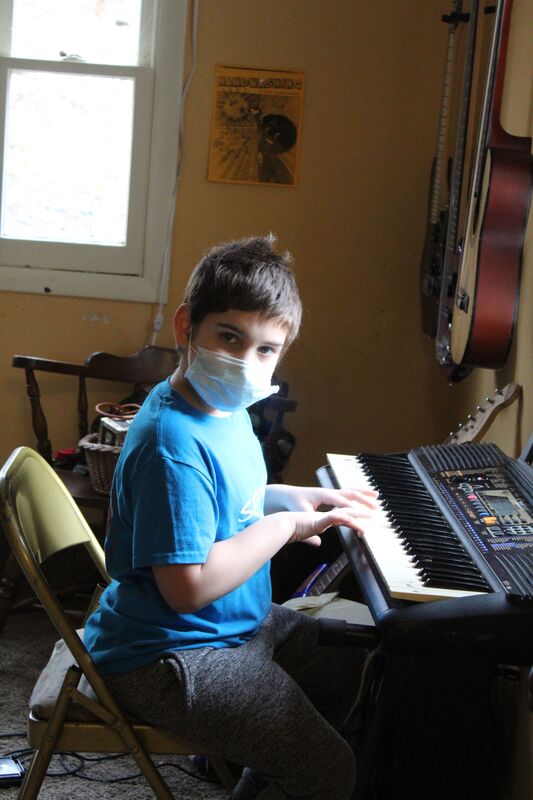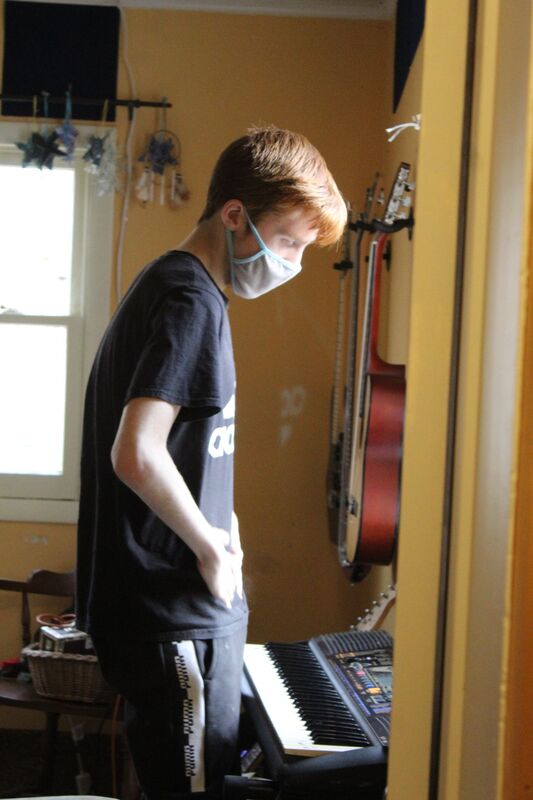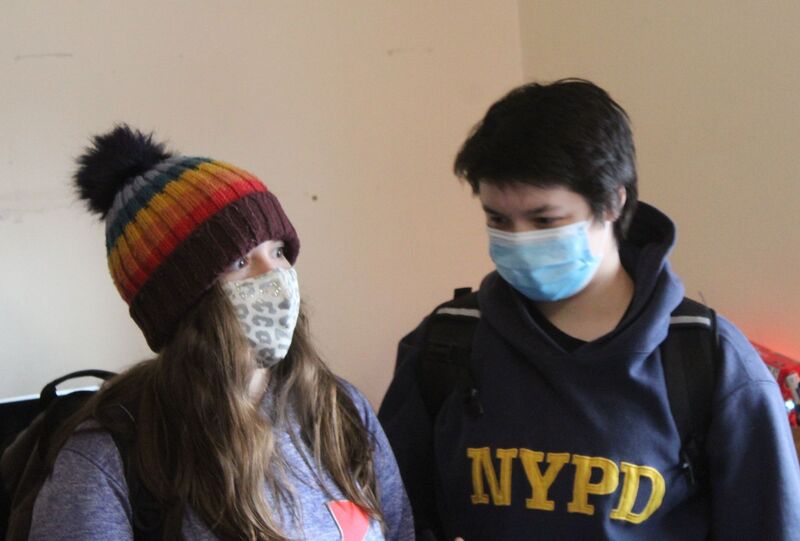|
I would guess that many people ask themselves this question before taking any test or class. And when you consider the underlying cultural purpose of exams and grades - this question is clearly the correct one to ponder. When we use tests or grades to determine whether the students have learned the content of classes or have met specific conditions to move forward (ticked off the correct boxes), we as a society are negating the worth of a good portion of our population. I mean, we literally use a ranking process to determine where a person stands within the system and, ultimately, society. Yes, a few folks are naturally great test-takers (good at memorizing, regurgitating, and knowing what the teacher expects) and will always rise to the top. There is a reason for that old expression - "cream of the crop." The grand quest for 4.0 is the determining factor in how they feel about themselves and, sometimes, how they rate others in comparison to themselves. (I know this because I was one of those people.) They wrap themselves in the esteem of high grades and expect (usually correctly) that their 4.0 will open all the doors. I will also argue that those natural test-takers, for the most part, come from an advantaged portion of the population: they have had few (if any) traumas in their lives, have a place to call home, know where their next meal is coming from, and do not have to worry about the basic necessities of life. People expect them to do well - simply because of their family name and where they originate (the "right" side of the tracks). Additionally, their learning disabilities are discovered early, and interventions are provided quickly. This practice is opposed to a large proportion of the student population who have to fight tooth and nail to receive official diagnoses and accommodations. There is little or no classroom flexibility for anyone who:
This culturally approved educational philosophy provides an environment for unhealthy competition and bullying and compounds the current rates of anxiety, distrust, fear, and anger. Ultimately, we have an unimaginative, depressed, disengaged, disconnected population that hates learning, is disenfranchised from the system, and, most importantly, mistakenly understands that they are not good enough. Tragically, we continue to lose our brightest, most creative minds to a system that fails to recognize their pure and absolute brilliance - which defies measurement with a simple exam or grade. Weekly Creative Meditation DRC NewsThank you again to everyone who has contributed to the DRC annual funding appeal. This is your reminder that there are less than two weeks left to get your charitable donations counted in your 2021 tax filing. Please consider donating to Deep Root Center. You can honor a loved one or tell us why you are contributing in the comment section of the Donor Box.
DRC provides consultation services to families who want to begin homeschooling but do not want to become members of the Center. We have had so many requests for consultations these past few weeks - that we have developed a Google Form to streamline this service. If you know someone who desperately wants to homeschool but is intimidated by the process, please guide them to the consultation page on our website. Best wishes for a Happy Solstice and Merry Christmas to those who celebrate from the entire DRC Crew! Comments are closed.
|
|
© 2024 Whole Learners, Inc. 501(c)3
Deep Root Center
48 Riverside Drive, Canton, NY 13617
315*323*1435/[email protected]
Deep Root Center
48 Riverside Drive, Canton, NY 13617
315*323*1435/[email protected]
